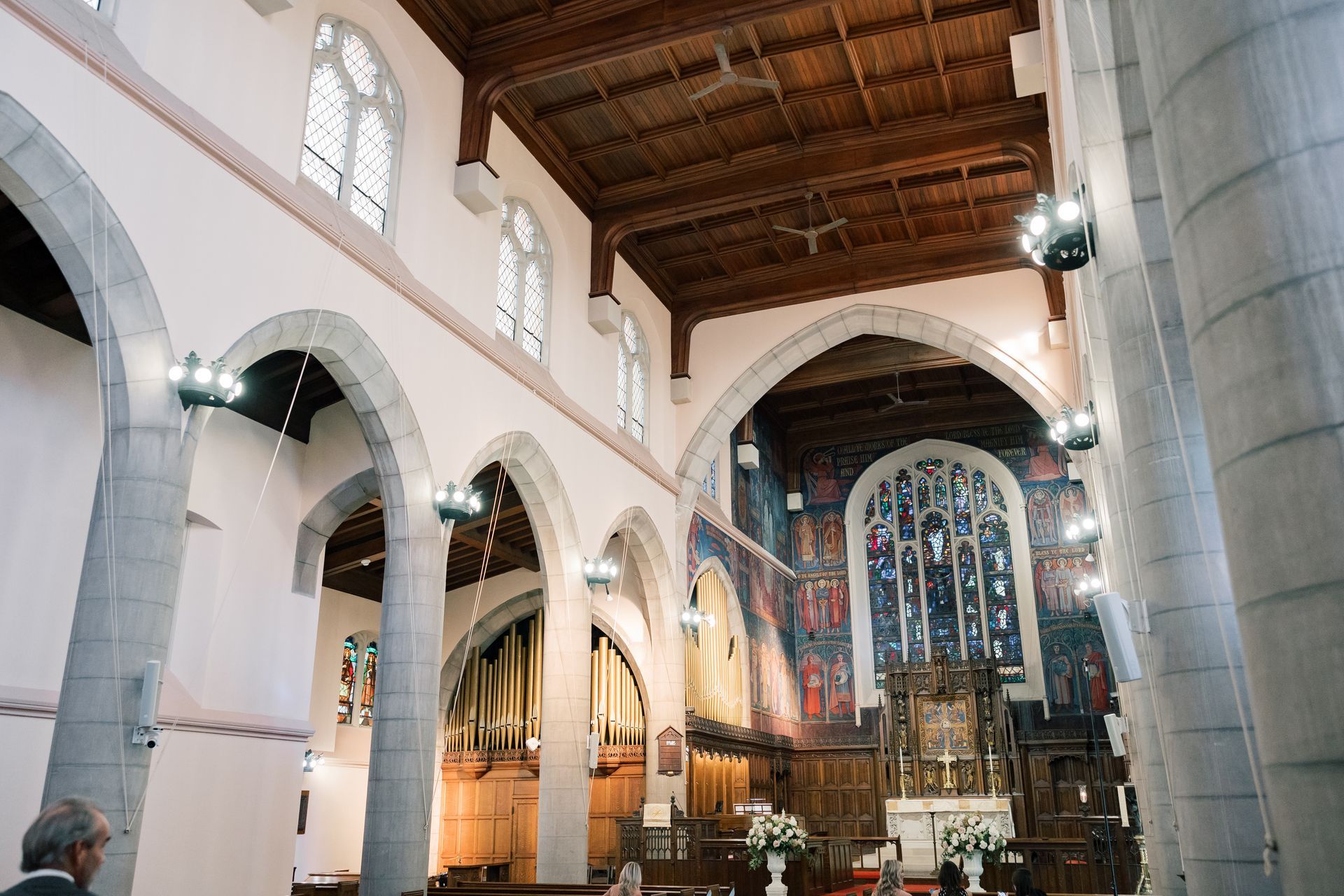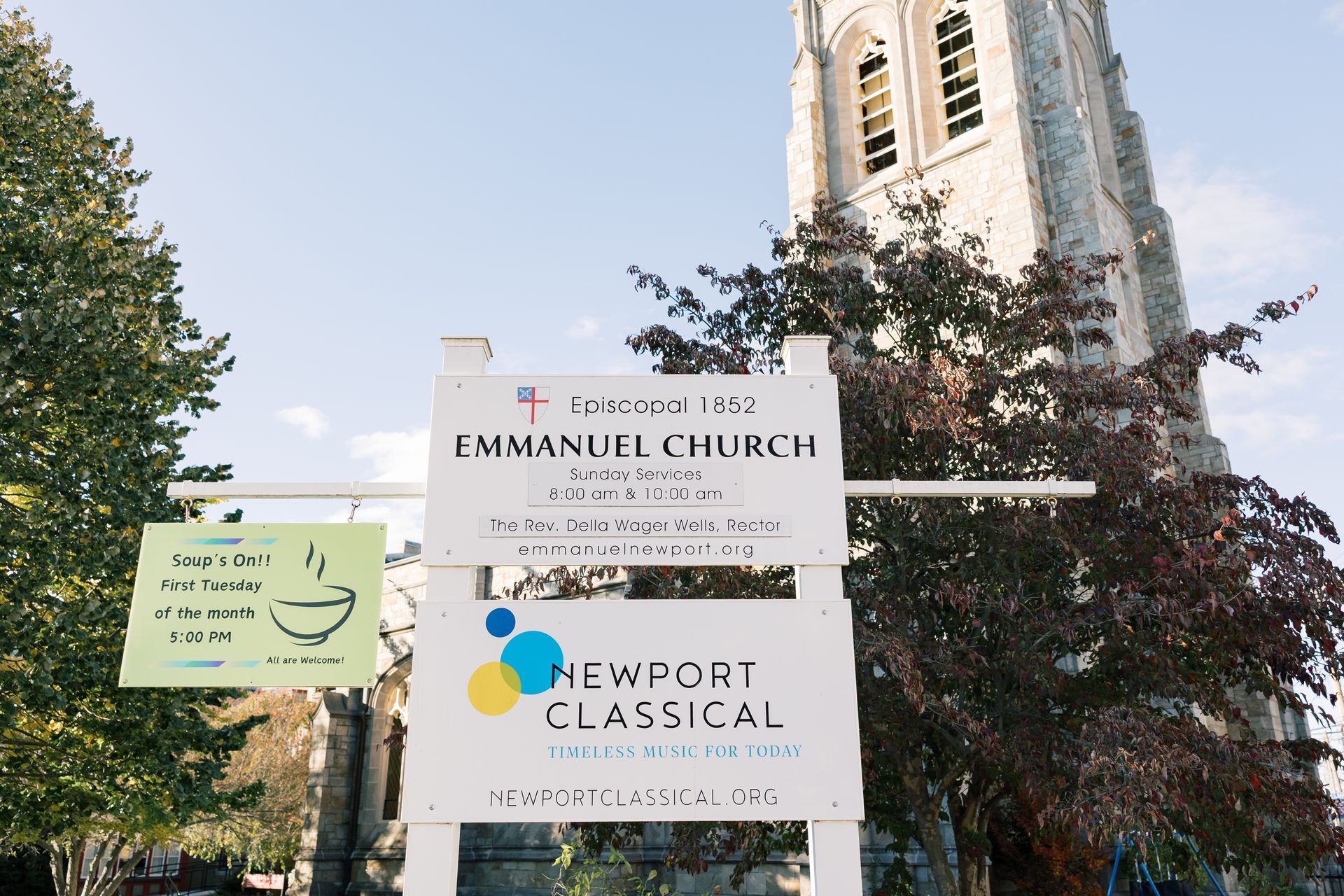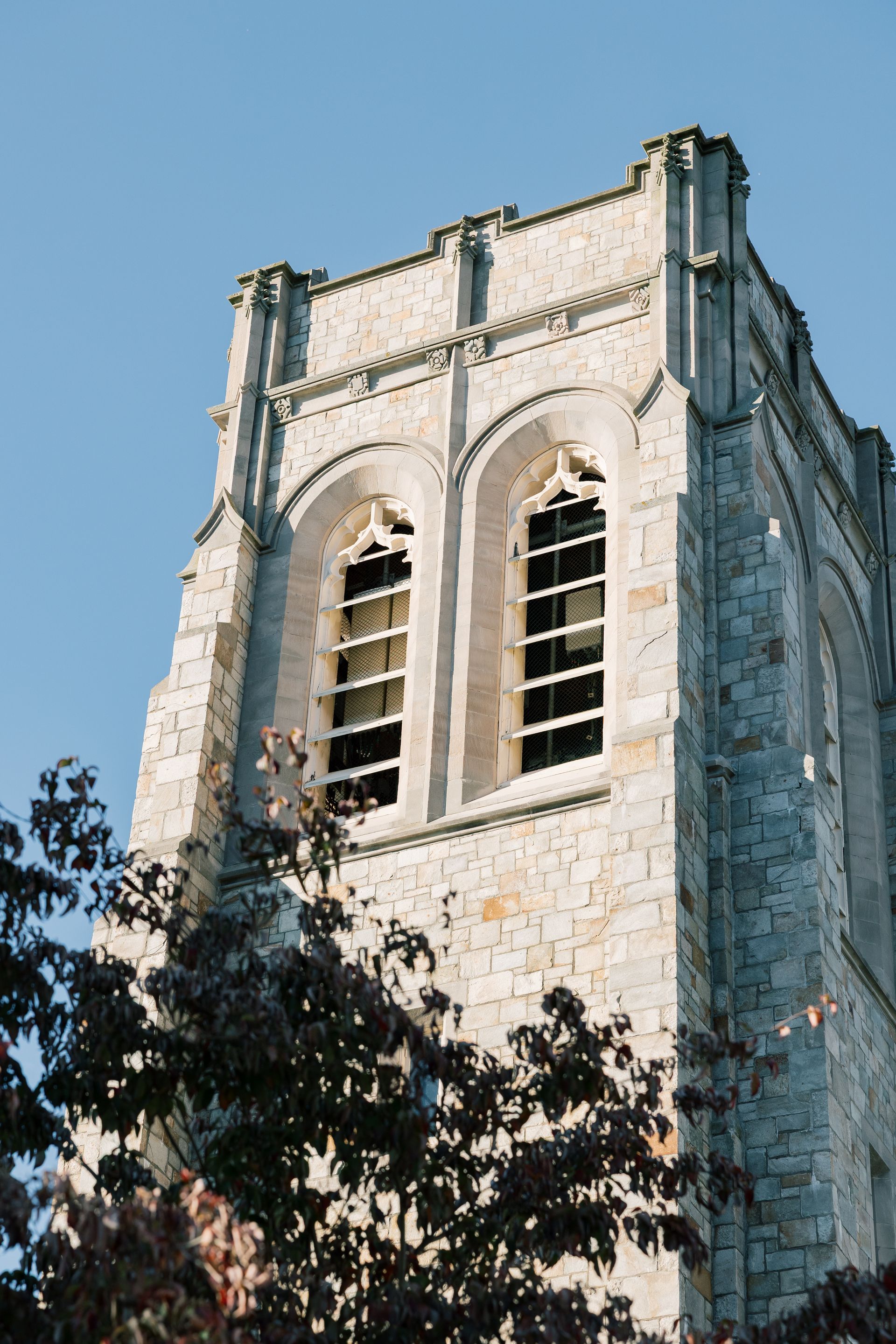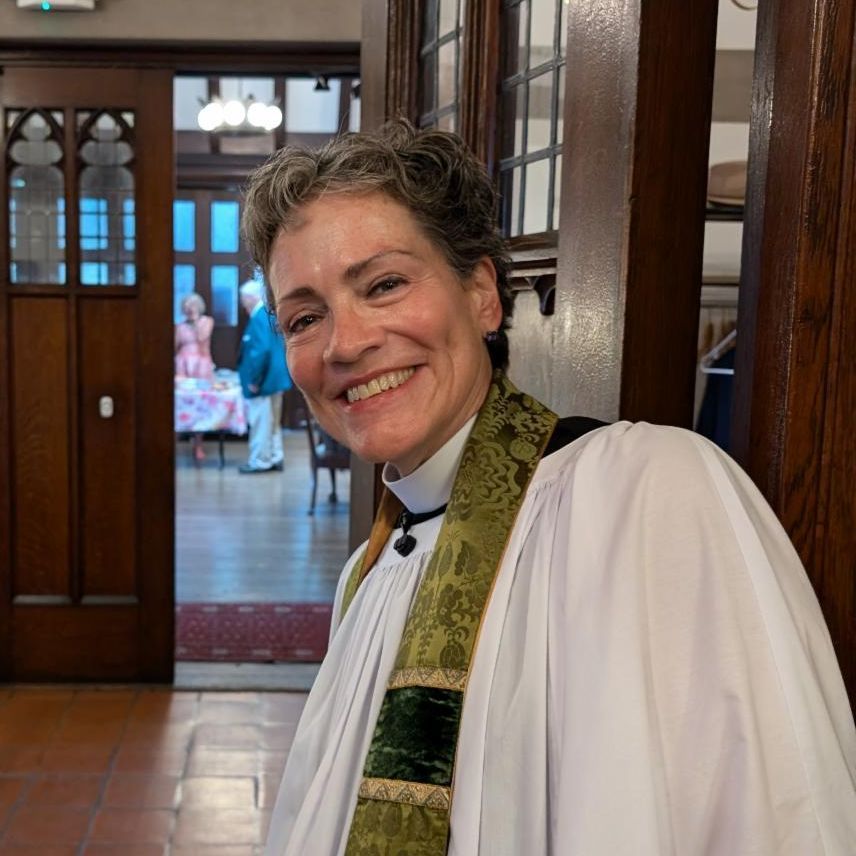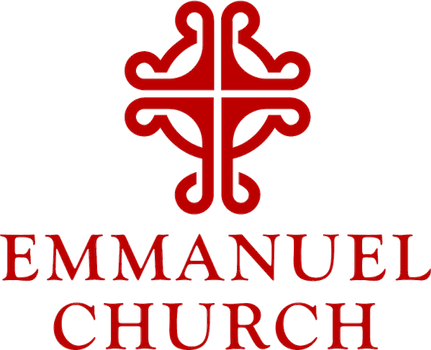Emmanuel Church Newport
A Home For All!
Welcome To Emmanuel!
If you are looking for a community, we are here for you. If you are searching for a place of acceptance and belonging, we are here for you.If you are intrigued by the Christian faith and wonder why others find its faith, practices and community life-giving, we are here for you.
Community access to our sermons, choir, events, and more!
Click on the camera icon to be brought directly there.
Events At Emmanuel
Emmanuel is changing the game in Church Events.
See which events fit you best here.
Innovative Outreach
in the Heart of Newport
Emmanuel Church in Newport, as a member of the Episcopal Diocese of Rhode Island, has long been known as “the Church of the people,” where rich and poor, high and low, great and humble all worship and work together. Compassion for our neighbors is an Emmanuel tradition. Our history shines with community engagement with those in need.
Emmanuel Church has a big heart and open arms. From its first days, Emmanuel Church has served as a neighborhood anchor providing vital support, critical assistance, inspirational worship and lifelong friendship.
Located in the heart of Newport, Emmanuel hosts community nonprofits and charitable ministry to all city residents in need. We strive to build a brighter future for all of Rhode Island one interpersonal connection at a time.
Join us in worship and experience the loving embrace of this exciting faith community.Come inside and take a look!
Photography: www.corajanephoto.com/
Office Hours
- Mon - Tue
- -
- Wed, Fri, Sat
- Closed
- Thursday
- -
- Sunday
- -

